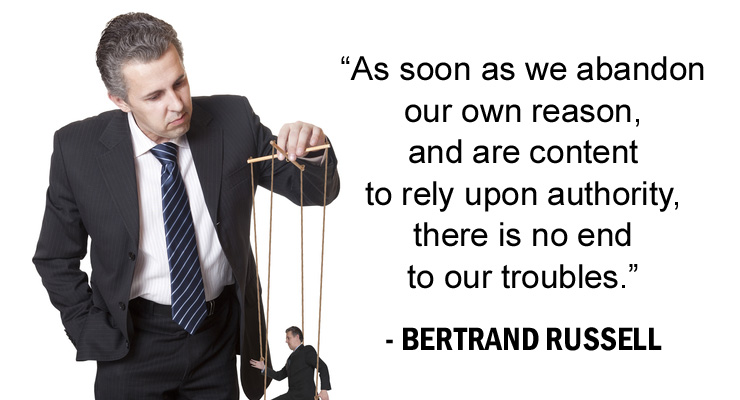
From Human Right Watch
(New York) – Philippine authorities should drop politically motivated criminal charges against the news website Rappler and its editor, Maria Ressa, Human Rights Watch said today. Authorities are using tax laws in the latest attempt to muzzle prominent critics of President Rodrigo Duterte and his “war on drugs.
On November 14, 2018, the Philippine Justice Department filed a criminal case against Rappler Holdings Corporation and Ressa, its president, for allegedly supplying incorrect tax information. On November 26 and 28, the Justice Department, acting on a complaint from the Bureau of Internal Revenue, filed separate cases before the Court of Tax Appeals alleging that Rappler and Ressa failed to file returns and evaded tax payments. Tax evasion under Philippine law carries a maximum 10-year prison sentence and fines, and could subject Ressa to arrest. Ressa called the charges a “clear form of continuing intimidation and harassment against us, and an attempt to silence journalists.”
“The Philippine government is targeting Rappler and Maria Ressa for their dogged reporting on Duterte’s murderous ‘drug war,’” said Brad Adams. “This attempt to silence a highly regarded news website is just the latest example of the administration’s contempt for free and vibrant news media.”
The Duterte administration has waged a relentless campaign against the Philippine media since the president took office in June 2016. Aided by a propaganda operation in the mainstream and social media, Duterte and other senior administration officials have denounced, threatened, and demonized journalists who criticized the government, particularly about the thousands of “drug war” killings linked to the Philippine police.
Rappler, a news and social media website founded by Ressa and colleagues in January 2012, has been repeatedly targeted by the government because of its many credible and thoroughly reported stories on the “drug war” and other public issues. Duterte and other officials have accused Rappler of peddling “fake news” and prevented it from covering the presidential palace by barring its reporter from entering the premises. On November 20, the New York-based Committee to Protect Journalists awarded Ressa its 2018 press freedom award.
As early as December 2016, the administration, through the Office of the Solicitor General, initiated legal proceedings against the website, accusing it of being foreign-owned or controlled. Duterte himself declared, erroneously, that Americans owned Rappler. The government’s lawyers questioned an investment in Rappler by the Omidyar Network, calling that evidence of foreign ownership. Rappler denied the charge.
The attacks on Rappler are consistent with the way the Duterte administration has treated other “drug war” critics, most notably Senator Leila de Lima, who has been in detention for more than a year on trumped-up drug charges. Another senator critical of Duterte, Antonio Trillanes IV, has been harassed and intimidated. In September, a court ordered his arrest, forcing the senator to seek refuge in the Senate building, where he remained for days to avoid being arrested. A court later ordered the charges dropped.
Duterte has depicted human rights defenders as enemies of the state who should be shot, creating an environment that fosters attacks. The most recent incident involved a human rights lawyer, Benjamin Ramos of Negros Occidental, who was gunned down in November after taking on the case of nine massacred peasant activists in the province.
“As Duterte has imposed an increasingly authoritarian rule, he has shown unrelenting hostility to Rappler and other critical Filipino media that are a check on his abuse of power,” Adams said. “The Philippines’ allies and friends should denounce these attacks and support efforts to defend press freedom and human rights in the country.”
Leave a Reply